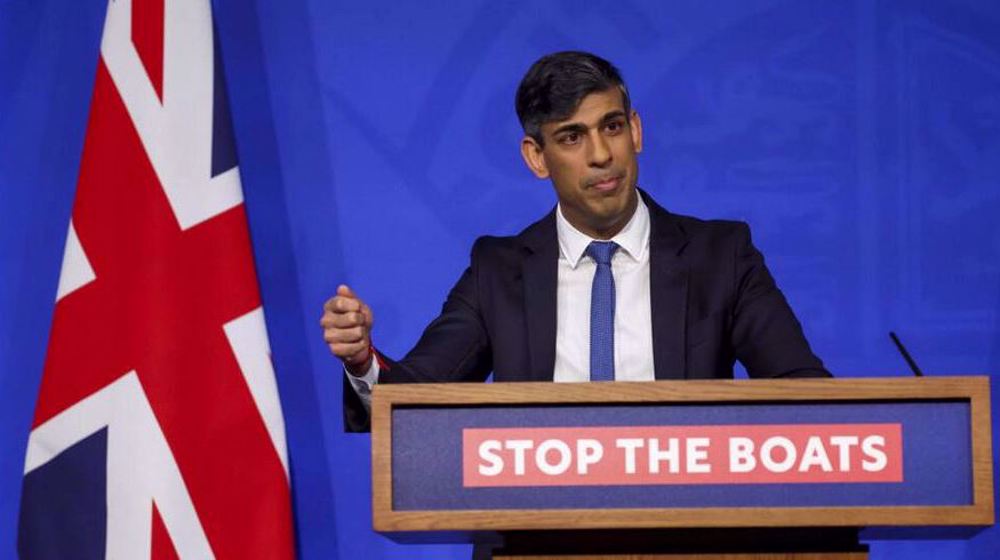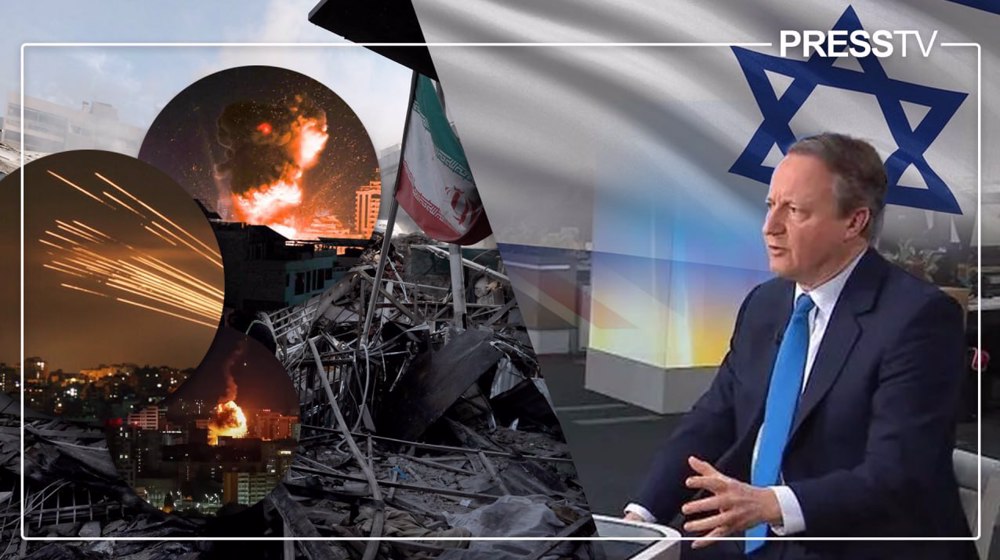US, NATO irked by Corbyn’s Labour leadership: Report
US and NATO authorities are “very anxious” about Jeremy Corbyn’s leadership of the UK’s Labour Party, a report says.
According to the British daily, the Independent, Corbyn’s policies, specifically his aim to scrap Britain’s four Trident-armed submarines, as well as his “support for Russia” have raised concerns among US and NATO officials.
A senior government source said foreign diplomats had voiced fears about the state of the Labour Party after becoming alarmed at reports they had received from their embassies in the UK.
Former NATO Secretary-General Lord Robertson told the paper that there was “a great deal of nervousness” among Britain’s traditional allies whose defense relies on the NATO nuclear deterrent supplied by Britain and the United States.
The comments come after Labour MP Madeleine Moon, a member of the influential House of Commons defense select committee, warned a private meeting of the Parliamentary Labour Party that she had been approached by NATO delegates during a trip to Washington who were “very, very anxious” about Corbyn’s ‘lack of commitment’ to NATO, his support for Russia and opposition to Trident nuclear missiles.
In August 2015, Corbyn, who was then running for Labour chief, used the 70th anniversary of the US atomic bombing of Hiroshima to say if he were prime minster, he would not replace the Trident nuclear weapons system and instead scrap them entirely.
“Britain should accept that such weapons are impossible to use with any guarantee of safety and we should scrap plans for renewing the Trident nuclear system, freeing up £100 billion to spend on our national wellbeing,” said his policy paper, entitled “Plan for Defense Diversification.”
The Trident program was announced in July 1980. Since 1998, it has been the only British nuclear weapon system in service. Its stated purpose is to provide "the minimum effective nuclear deterrent as the ultimate means to deter the most extreme threat."
Those opposed to the renewal of Trident say that the changing threats of global terrorism and climate change means that Britain does not need a hugely costly renewal of nuclear deterrents.
Iran releases details of confiscated Israeli transit cargo
VIDEO | Press TV's news headlines
President Raeisi: Nothing will remain of Israel in case of another mistake
UN rights chief ‘horrified’ by mass grave reports at Gaza hospitals
Hezbollah says launched ‘deepest attack’ on Israel since start of Gaza war
Israel intensifies strikes across Gaza on day 200 of genocidal war
China says US still interfering in its affairs despite efforts to stabilize relations
Russia says will intensify strikes on Western weapons storage in Ukraine










 This makes it easy to access the Press TV website
This makes it easy to access the Press TV website